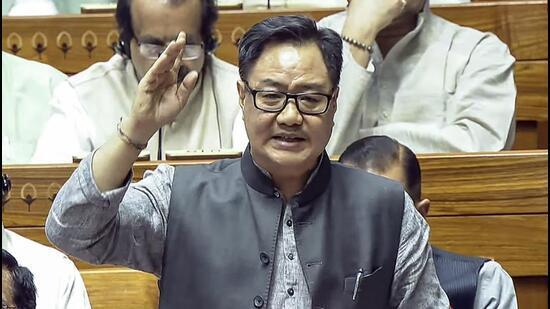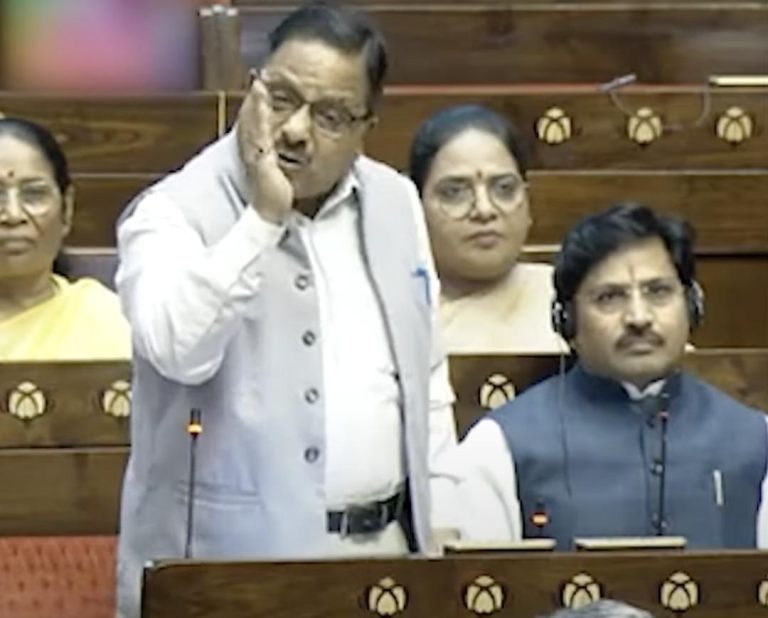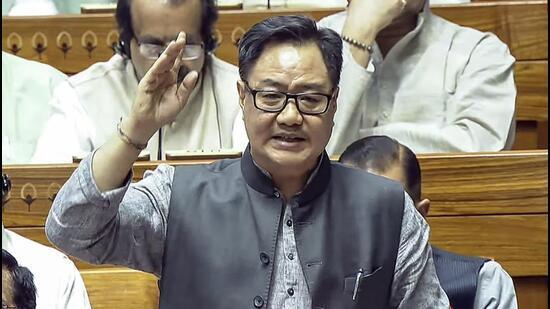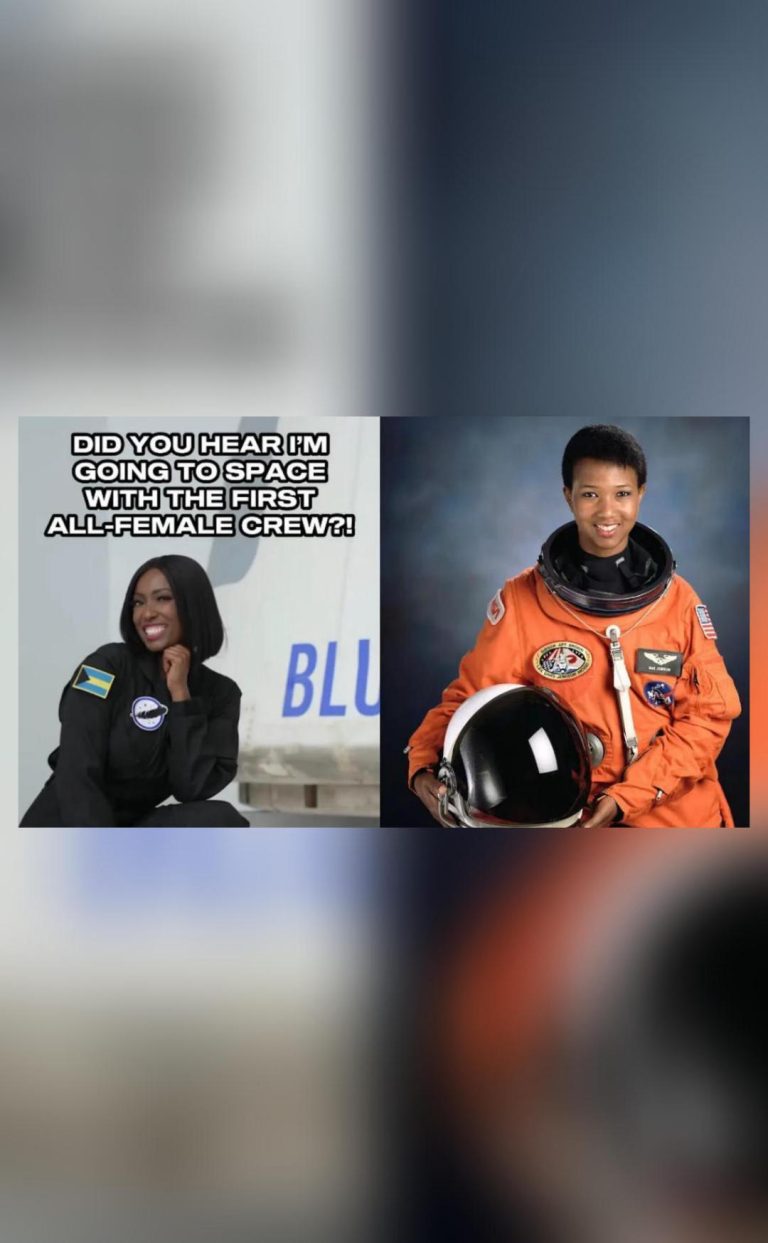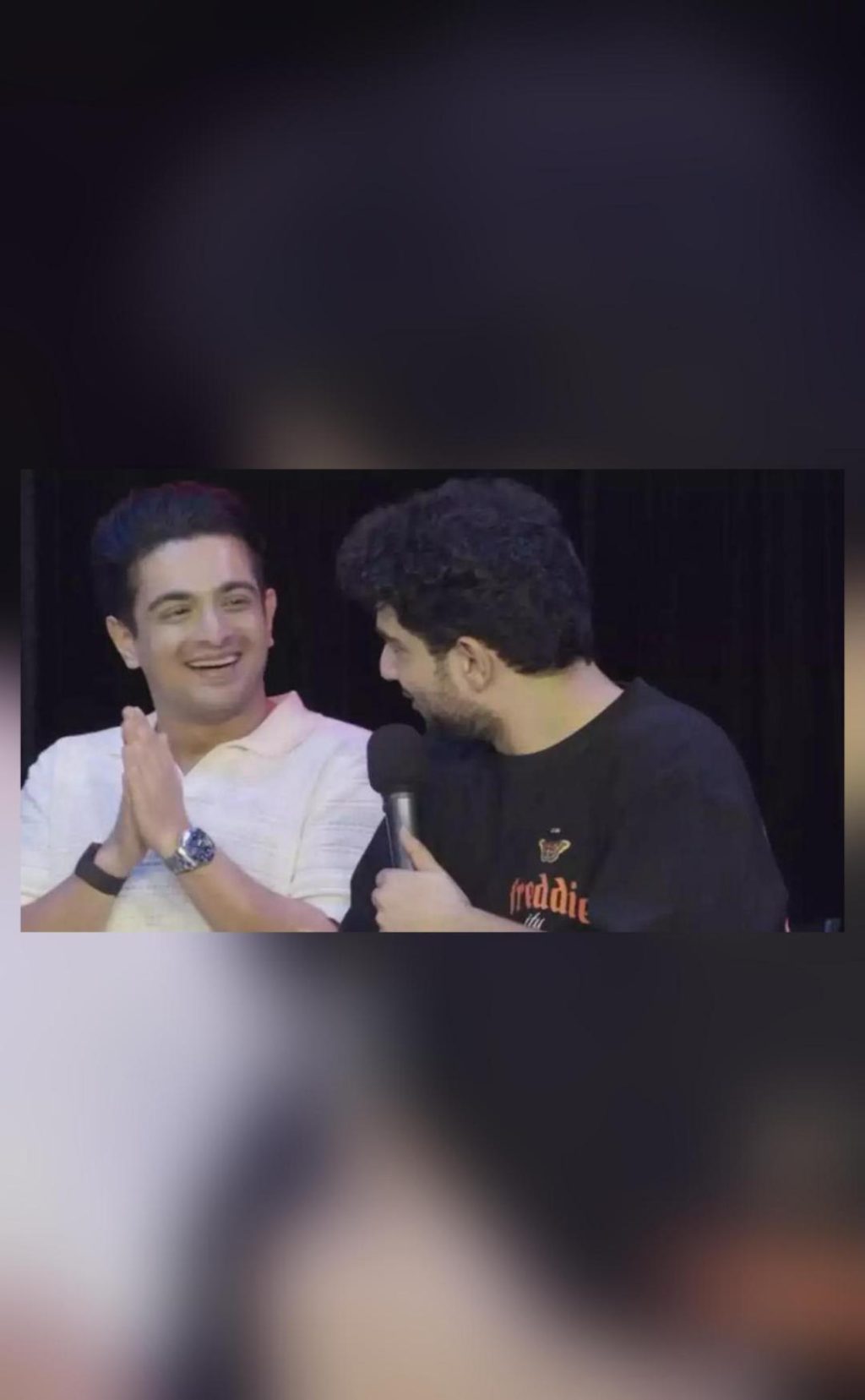
YouTube gets NHRC letter to remove video of Allahbadia’s remark
In a recent development that has sparked controversy, the National Human Rights Commission (NHRC) has written a letter to YouTube, seeking the removal of a video featuring YouTuber Ranveer Allahbadia’s obscene remarks on children watching parents have sex at the ‘India’s Got Latent’ show.
The NHRC has taken cognizance of Allahbadia’s remarks, which have been widely condemned by netizens and human rights activists alike. In the video, Allahbadia was heard making jokes about children watching their parents having sex, which many have deemed to be offensive and inappropriate.
In its letter to YouTube, the NHRC highlighted the potential harm that such content can cause to children and women. “The availability of such content on widely accessible platforms…poses a grave threat to the safety, dignity…of children, including women,” the commission stated.
The NHRC’s letter to YouTube is a significant development in the ongoing debate about online content regulation. While YouTube has faced criticism in the past for allowing offensive and inappropriate content to remain on its platform, the NHRC’s intervention is a clear signal that the commission will not tolerate such material.
The controversy surrounding Allahbadia’s remarks began when the video was uploaded to YouTube. Many viewers expressed their outrage and disgust at the YouTuber’s jokes, with some even calling for his account to be suspended or terminated.
However, Allahbadia has defended his remarks, claiming that they were intended to be humorous and not meant to be taken seriously. While some have accepted his apology and moved on, others remain outraged and believe that his comments were inappropriate and offensive.
The NHRC’s letter to YouTube is likely to add fuel to the fire, as it raises questions about the platform’s responsibility to regulate the content that is uploaded to it. While YouTube has guidelines in place to prevent offensive and inappropriate content from being uploaded, the commission’s intervention highlights the need for greater vigilance and stricter enforcement of these guidelines.
The controversy surrounding Allahbadia’s remarks also raises questions about the impact of online content on children and young people. While the internet can be a valuable tool for education and self-expression, it can also be a source of harm and exploitation. The availability of explicit and offensive content online can have a profound impact on children’s mental health and well-being, and can even contribute to the normalization of harmful and inappropriate behavior.
In light of these concerns, the NHRC’s letter to YouTube is a welcome development. By seeking the removal of the video featuring Allahbadia’s remarks, the commission is sending a clear message that such content is not acceptable and will not be tolerated.
The controversy surrounding Allahbadia’s remarks also highlights the need for greater awareness and education about online safety and digital citizenship. While many young people are familiar with the basics of online etiquette, there is a need for greater education and awareness about the potential risks and dangers associated with online content.
In conclusion, the NHRC’s letter to YouTube is a significant development in the ongoing debate about online content regulation. By seeking the removal of the video featuring Allahbadia’s remarks, the commission is sending a clear message that such content is not acceptable and will not be tolerated. The controversy surrounding Allahbadia’s remarks also highlights the need for greater awareness and education about online safety and digital citizenship.
